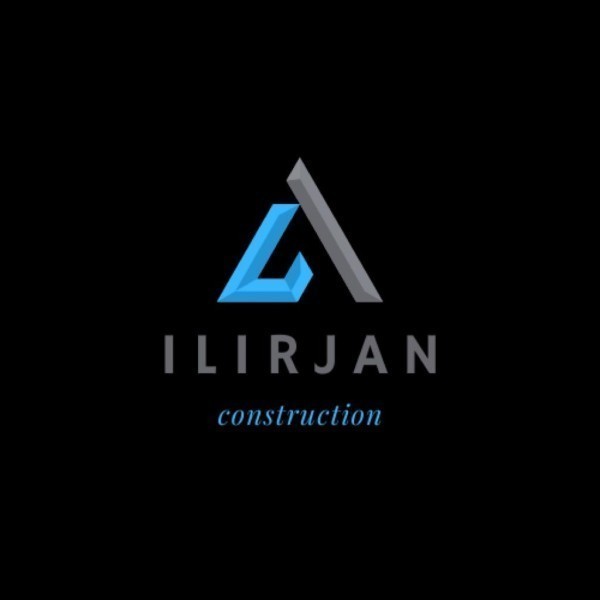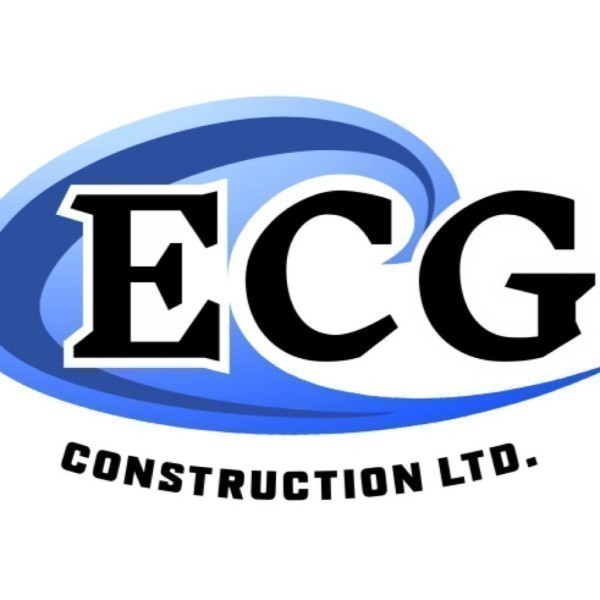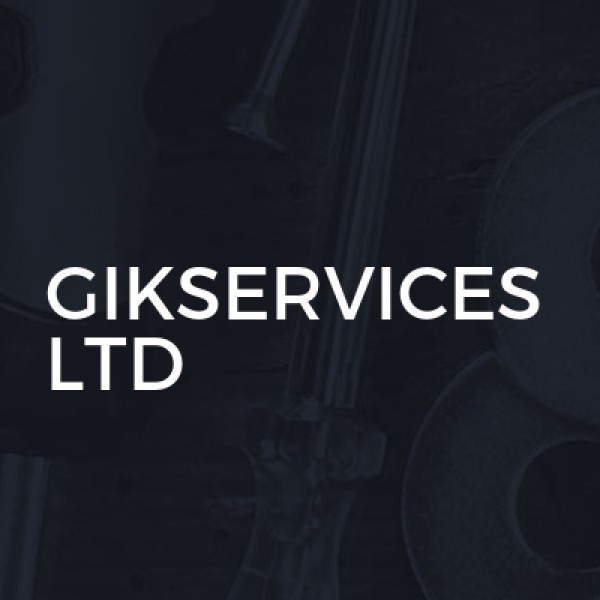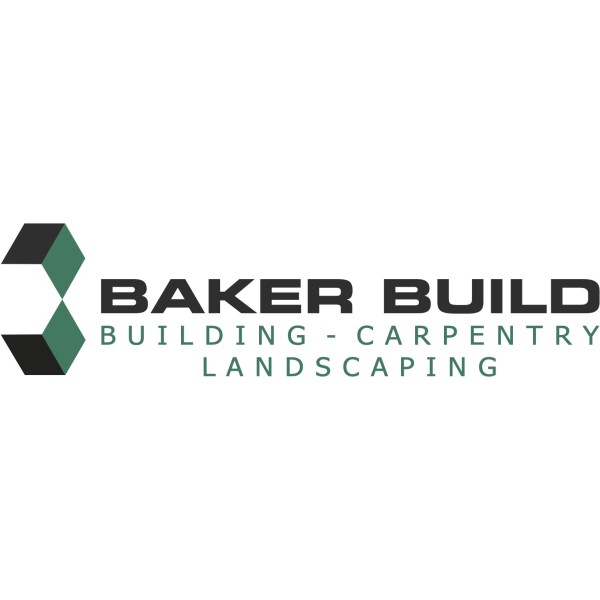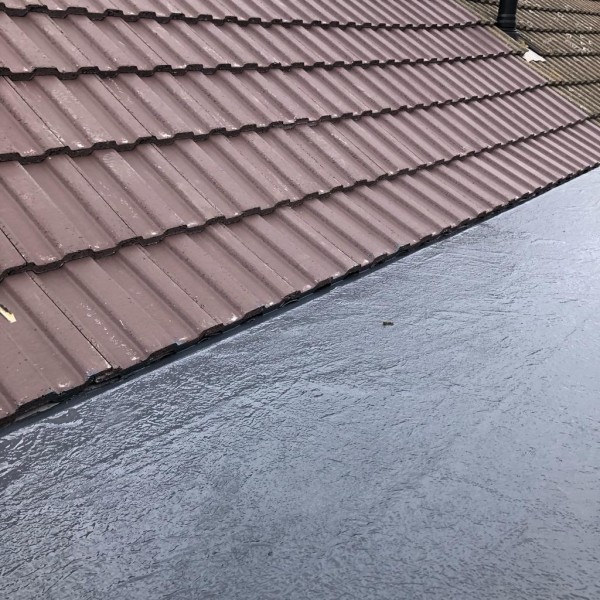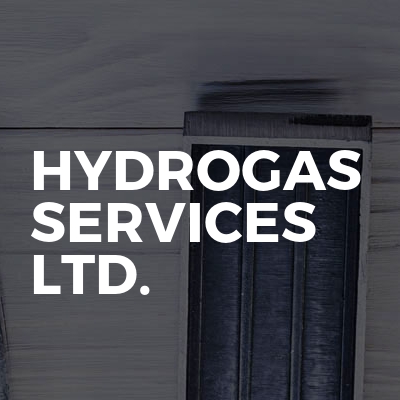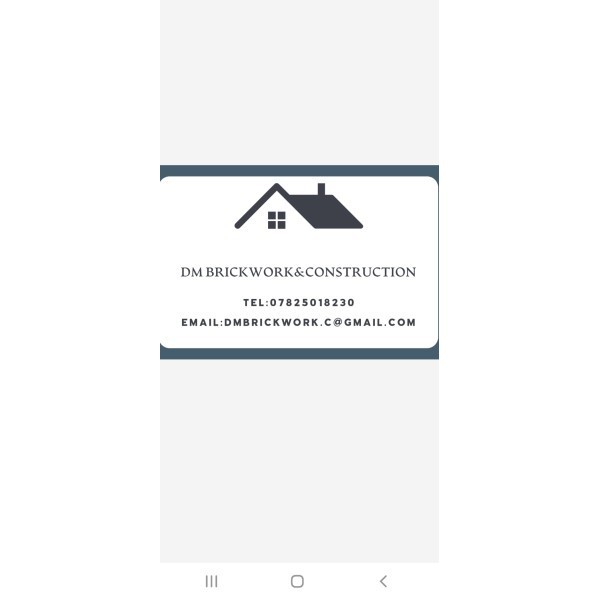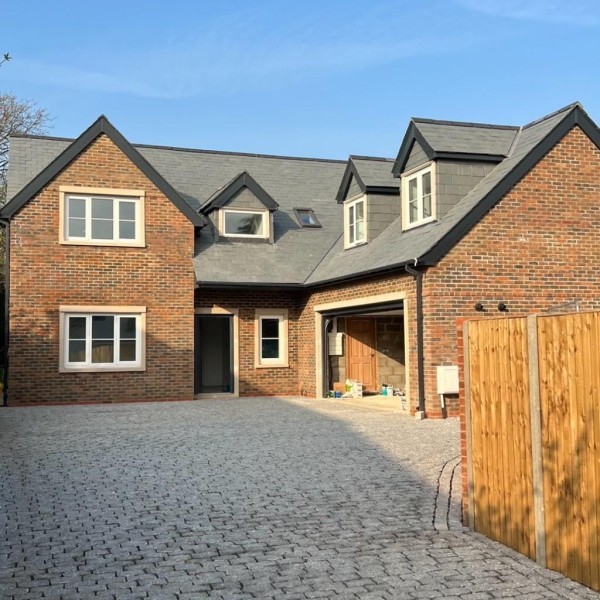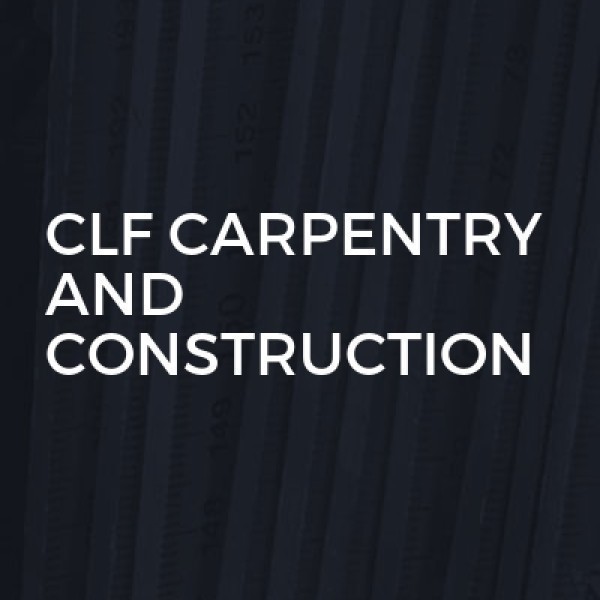Understanding Loft Conversions in Milton Keynes
Loft conversions in Milton Keynes have become a popular choice for homeowners looking to expand their living space without the hassle of moving. With its unique blend of modern architecture and historical charm, Milton Keynes offers a perfect backdrop for innovative home improvements. This article delves into the various aspects of loft conversions, providing a comprehensive guide for those considering this home enhancement.
What is a Loft Conversion?
A loft conversion involves transforming an unused attic space into a functional room. This could be an extra bedroom, a home office, or even a playroom for the kids. The possibilities are endless, and with the right planning and execution, a loft conversion can significantly increase the value of your home.
Benefits of Loft Conversions
- Increased Living Space: One of the primary benefits is the additional space it provides, which can be tailored to your specific needs.
- Added Property Value: A well-executed loft conversion can increase your property's market value, making it a wise investment.
- Aesthetic Appeal: Loft conversions can enhance the overall look and feel of your home, offering a modern and stylish touch.
- Cost-Effective: Compared to moving house, a loft conversion is often a more economical option.
Types of Loft Conversions
There are several types of loft conversions, each with its own set of advantages and considerations. Understanding these can help you make an informed decision.
Dormer Loft Conversion
This is the most common type of loft conversion, involving an extension of the existing roof to create additional headroom and floor space. Dormer conversions are versatile and can be adapted to suit various property styles.
Mansard Loft Conversion
Mansard conversions involve altering the roof structure to create a flat roof with a slight slope. This type of conversion is ideal for maximising space but may require planning permission due to the significant changes to the roofline.
Hip to Gable Loft Conversion
Suitable for properties with a hipped roof, this conversion extends the sloping side of the roof to create a vertical wall, increasing the internal space. It's a popular choice for semi-detached and detached houses.
Velux Loft Conversion
Also known as a roof light conversion, this option involves installing windows into the existing roofline without altering the structure. It's a cost-effective solution that works well for spaces with sufficient headroom.
Planning Permission and Building Regulations
Before embarking on a loft conversion in Milton Keynes, it's essential to understand the planning permission and building regulations involved. While some conversions fall under permitted development rights, others may require formal approval.
Permitted Development Rights
Many loft conversions can be carried out under permitted development rights, meaning you won't need planning permission. However, there are specific criteria that must be met, such as the volume of the new space and the impact on the existing structure.
When Planning Permission is Required
If your conversion involves significant changes to the roof structure or exceeds the permitted development limits, you'll need to apply for planning permission. It's advisable to consult with the local planning authority to ensure compliance.
Building Regulations
Regardless of whether planning permission is needed, all loft conversions must comply with building regulations. These regulations ensure the safety and structural integrity of the conversion, covering aspects such as fire safety, insulation, and access.
Choosing the Right Loft Conversion Specialist
Selecting a reputable and experienced loft conversion specialist is crucial to the success of your project. Here are some tips to help you make the right choice:
- Research and Recommendations: Start by researching local specialists and seeking recommendations from friends or family who have undertaken similar projects.
- Check Credentials: Ensure the specialist is registered with relevant trade bodies and has the necessary qualifications and insurance.
- Review Past Projects: Ask to see examples of previous work to assess the quality and style of their conversions.
- Get Multiple Quotes: Obtain quotes from several specialists to compare prices and services offered.
Cost Considerations for Loft Conversions
The cost of a loft conversion in Milton Keynes can vary significantly depending on the type of conversion, the size of the space, and the materials used. It's important to budget carefully and consider all potential expenses.
Factors Affecting Cost
- Type of Conversion: Some conversions, like mansard, are more complex and costly than others, such as Velux.
- Size and Layout: Larger spaces or those requiring significant structural changes will increase costs.
- Materials and Finishes: The choice of materials and the level of finish will impact the overall budget.
- Labour Costs: Skilled labour is essential for a successful conversion, and this will be a significant part of the budget.
Designing Your Loft Space
Designing your new loft space is an exciting part of the conversion process. It's an opportunity to create a room that reflects your personal style and meets your needs.
Maximising Space and Light
Consider incorporating features that maximise space and light, such as built-in storage solutions and strategically placed windows or skylights.
Choosing the Right Colour Scheme
The right colour scheme can make a significant difference in the feel of your loft space. Light, neutral colours can create a sense of openness, while bold accents add personality.
Furniture and Decor
Select furniture and decor that complement the style of your home and the function of the new room. Multi-functional furniture can be particularly useful in smaller spaces.
Common Challenges and Solutions
While loft conversions offer numerous benefits, they can also present challenges. Being aware of these potential issues and their solutions can help ensure a smooth process.
Limited Headroom
One common challenge is limited headroom, which can be addressed by choosing the right type of conversion or incorporating design elements like lowered floors or raised ceilings.
Access and Stairs
Creating a safe and convenient access point is crucial. Spiral staircases or space-saving designs can be effective solutions in tight spaces.
Insulation and Ventilation
Proper insulation and ventilation are essential for comfort and energy efficiency. Ensure these aspects are addressed during the planning and construction phases.
Environmental Considerations
As sustainability becomes increasingly important, considering the environmental impact of your loft conversion is crucial. Here are some eco-friendly options to consider:
Energy-Efficient Windows
Installing energy-efficient windows can reduce heat loss and improve the overall energy efficiency of your home.
Sustainable Materials
Opt for sustainable materials, such as reclaimed wood or eco-friendly insulation, to minimise the environmental impact of your conversion.
Solar Panels
Consider incorporating solar panels into your design to harness renewable energy and reduce your carbon footprint.
Frequently Asked Questions
- How long does a loft conversion take? The duration varies depending on the complexity of the project, but most conversions take between 6 to 12 weeks.
- Do I need an architect for a loft conversion? While not always necessary, an architect can provide valuable design insights and ensure compliance with regulations.
- Can all lofts be converted? Most lofts can be converted, but factors like headroom and roof structure may affect feasibility.
- Will a loft conversion add value to my home? Yes, a well-executed loft conversion can significantly increase your property's value.
- What is the best type of loft conversion? The best type depends on your specific needs, budget, and the existing structure of your home.
- Are loft conversions noisy? There will be some noise during construction, but a professional team will minimise disruption as much as possible.
Final Thoughts on Loft Conversions in Milton Keynes
Loft conversions in Milton Keynes offer a fantastic opportunity to enhance your living space and add value to your home. By understanding the different types of conversions, planning permissions, and design considerations, you can embark on this exciting journey with confidence. Whether you're looking to create a new bedroom, office, or playroom, a loft conversion can transform your home and improve your quality of life.



